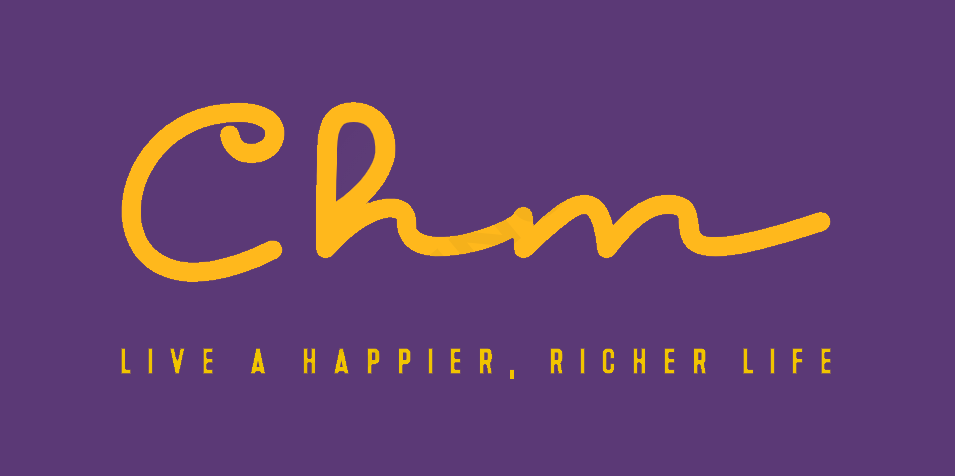#3 - My financial journey

A little background about myself
My education is around Information Technology and although I did complete some financial accounting modules during my university course, I have no formal financial education and everything I have learned to date around finance and investing is from reading books, following financial news and from investing my own money.
In my opinion, there is a major lack of financial education in schools and colleges and I think this is an oversight that really ought to be addressed. Having a basic understanding of important financial concepts such as saving, investing and dealing with debt would give young people much more confidence and enable them to have a greater understanding of money.
And so here I am, writing my thoughts around a subject that I am still learning about but which I consider to be a worthwhile hobby and something worth sharing.
First steps; a pension
Everyone has to start somewhere and for me that was when I began full-time employment after finishing university. It was quite a passive move and very simple, I joined the company pension scheme. With a pension you are saving for your future self and the money is locked away until you reach pension age (state pension age is currently 65 but this is set to rise to 67 by 2028 and 68 by 2046). Looking back now, almost 20 years later I can see that this was probably one of the best decisions I made and means that when I do finish work, I will have a regular income paid out just like a wage.
Start saving
My next target was to have some savings. Cash savings accounts pay very little interest these days (as of 2021/22) and as such should only be used for short-term saving. I use them for when I want to save for a specific purchase such as a holiday or maybe a new car.
I also like to keep some savings available for emergencies. Ideally, I would recommend trying to save up enough cash to cover your bills for a 3 months period in case you lose your job. This gives you some breathing room when between jobs.
Building up your credit score
It's important to note that although building up large amounts of debt is not advisable, not all debt is bad. I have a credit card that I use regularly for my everyday purchases and I make sure that I pay off the balance in full every month. This is a proven way to build up your credit score and is something I'd recommend others do. For those that maybe unaware, a credit score is a number that lenders such as banks have access to that is based on your perceived credit worthiness and it affects the amount of borrowing you can secure and the interest rate you will be charged. If you think you may want to purchase a property in the future then building up your credit score can help you achieve this.
Investing to make your money work harder
Due to low interest rates and inflation eroding the value of everyone's money, now more than ever, you need to make sure that your money is working hard for you. If you want to build wealth over the long term (10 + years) then I'd suggest looking into investing.
You can invest in many different things but I think the best place to get started is by investing into a fund that tracks an index such as S&P 500 (500 largest companies in USA) or FTSE All World (an index tracking over 3000 companies across 47 countries). This is a passive method that lets you track the performance of the index as a whole and is a more diversified with reduced risk than investing in individual stocks.
What's next?
I’m still on my financial journey and have a long way yet to go and much more left to learn. I will no doubt make mistakes along the way (as I have already) but I believe that only through this do you really learn and I will be documenting my thoughts and progress here.
Why not take a look at my Finance Apps page to see what finance and investment products and platforms I use.
